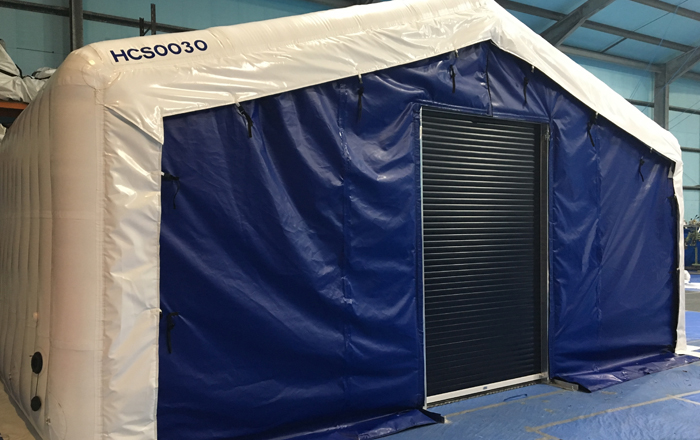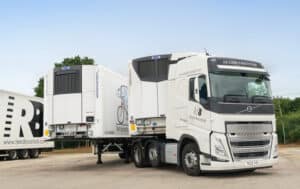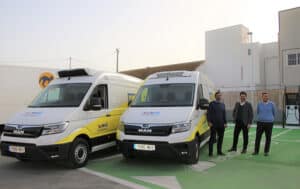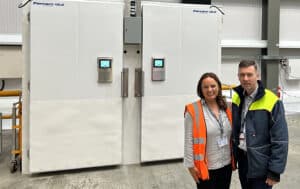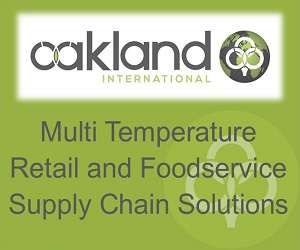The ban on the use of any virgin refrigerant gas with a GWP above 2500 is fast approaching. As 1 January 2020 looms ever closer, operators using R404a (GWP 3922) must take action and consider either plant replacement or retrofitting now according to leading solutions provider, Dawsongroup TCS.
There are three key questions that companies should be asking themselves to determine how to lower virgin refrigerant gas levels whilst continuing with ‘business as usual’:
Is it time to replace your cold room?
Could process flow be improved if sited elsewhere?
Are the panels still efficient or are they freezing or chilling too much ambient air?
Chris Allen, sales manager at Dawsongroup TCS, said: “Although replacing your cold rooms or re-siting the process flow sound like an expensive and lengthy process, there’s no need for companies to panic. Whether replacing the plant entirely to lower running costs or taking the simpler route of retrofitting a lower GWP, there are solutions that minimise disruption and help clients maintain their usual service and quality levels.”
Instead of paying for refrigeration services off site, highly efficient equipment can be manufactured specifically for the business. Plus, there will be minimal disruption if hand over happens before the current facilities are turned off. Not only does this make the transition process as smooth as possible, but it saves a huge amount of money in the long term by keeping the manufacturing process in-house.
Chris added: “Current market conditions mean that retrofitting, such as the hire of a mobile plant room piped into an existing cold room, are also a good option for companies to consider.”
Chilled inflatable cold stores offer a fast and flexible solution that inflates within an existing current cold room to minimise disruption. They have upright sides to increase floor capacity from 14 to 20 UK pallets within the same footprint and can include features such as automated roller shutter doors which provide forklift access.

